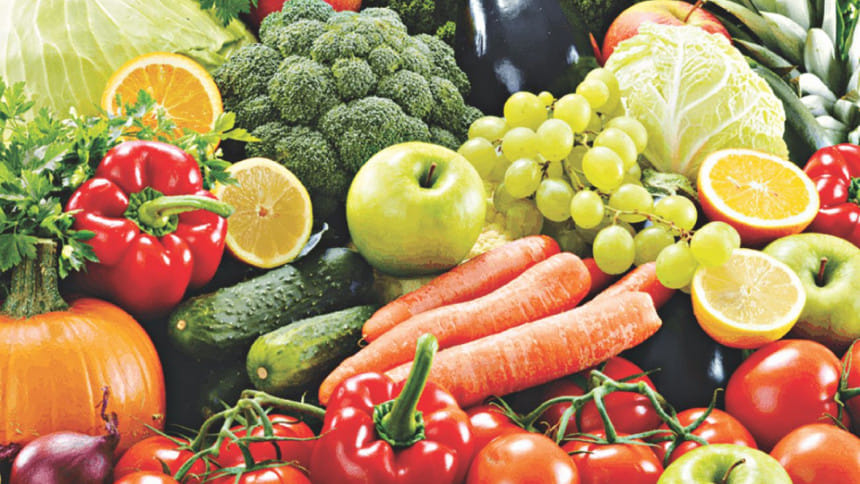Safe, healthy and fit in winter

It may be cold outside, but winter need not be the unhealthiest time of year for you and your family. Many people feel tired and sluggish during winter. This is due to the lack of sunlight, which disrupts our sleep and waking cycles. When it is cold and dark outside, it can be tempting to fill up on unhealthy comfort food. However, it is important to ensure you still have a healthy diet and include five portions of fruit and vegetable a day.
Carrot is a crunchy power food which contains vitamin A, B, B2, B3, C, D, E and K. Green peas are one of the most nutritious leguminous vegetables rich in health benefiting phytonutrients, minerals, vitamins and antioxidants. Cabbage has lots of vitamins and minerals, including folate and vitamins C and K. Cauliflower has plenty of other nutrients including vitamin C, folate, dietary fibre and omega-3 fatty acids. As you can see, there are so many ways to eat healthy mineral-rich vegetables in winter.
Colder temperatures that keep us indoors can result in body taking in less vitamin D than it receives during the summer, which is generated in our bodies via sunlight. For this reason, you need to ensure that your family receives enough vitamin D during the winter. Sources of vitamin D include fortified milk and other dairy products, eggs especially the yolks and fatty fish.
To chase away chills, replenish depleted glycogen stores, and rehydrate our body, enjoy warm carbohydrates with a little protein, such as hot cocoa made with milk, oatmeal with nuts, vegetable and chicken soup and lentil soup. The warm food, added to the thermogenic effect of eating, contributes to rapid winter recovery.
Our skin is an outside indicator for our internal health. Poor nutrition can lead to dry skin, eczema, psoriasis, scarring, acne breakouts, inflammation and pale or ashy skin tones. Eating a varied and balanced diet of whole foods consisting of 40-60% complex carbohydrates, 20-30% lean protein and 10-20% mono- and polyunsaturated fats will give our skin most of what it needs to run efficiently, but occasionally supplementation is needed.
The fruit and vegetables will provide the three most important nutrients for healthy skin: water, trace minerals, and antioxidants. Vitamin A deficiencies are characterised by dry, bumpy skin on the back of the arms, neck and back. Deficiencies of vitamin C result in tendency to bruise, sagging skin, and slowed healing. Iodine also prevents rough skin from developing and prevents premature ageing. Silicon is important in the fight against ageing because it aids in collagen formation. Zinc helps control the oil content of the skin and reduces acne. Omega-6 fatty acids promote healthy and moisturised skin.
When the temperature drops and winter arrives it is important to ensure that everyone in the family continues to eat healthfully. By following the mentioned nutrition tips you can keep your family fit and healthy while boosting your immune systems.
The writer is a nutritionist.

 For all latest news, follow The Daily Star's Google News channel.
For all latest news, follow The Daily Star's Google News channel. 



Comments